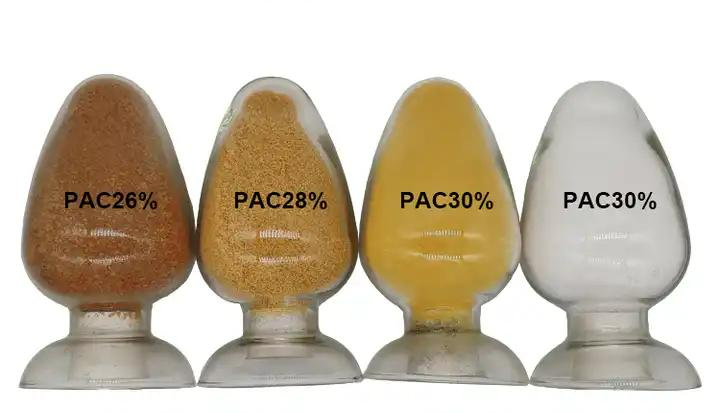The Best Product For Treating Electroplating Wastewater-PAC
Polyaluminum chloride is a water-soluble inorganic high molecular polymer between ALCL3 and AL(OH)3. Polyaluminum chloride abbreviated as PAC is usually also called basic aluminum chloride or coagulant, etc. The product has strong bridging and adsorption properties, and during the hydrolysis process, physical and chemical processes such as coagulation, adsorption and precipitation occur.
Adding polymer organic flocculant polyaluminum chloride can significantly increase the settling speed and increase the flocculation particles significantly. Polyaluminum chloride can also be beneficial to the recovery of copper in sewage in the later stage. Compared with the flocculation effect of organic flocculants and inorganic flocculants selected for general treatment of electroplating wastewater, polyaluminum chloride is less used, and the precipitation effect is better than that of ferrous sulfate.
On the whole, polyaluminum chloride(PAC) is selected as the flocculant for the treatment of acidic copper-containing electroplating wastewater, and the effect is better. Moreover, it is not affected by changes in weather and seasons. The dissolution speed of polyaluminum chloride is fast and reliable, and the service life is long. The tank body using polyaluminum chloride does not require maintenance costs, and the cost performance is very high.

